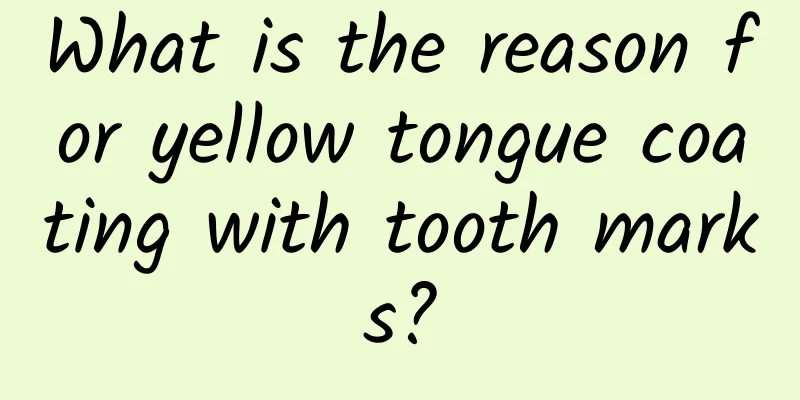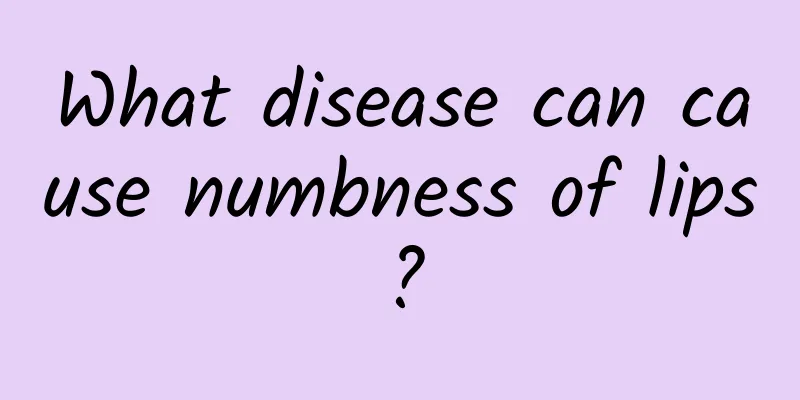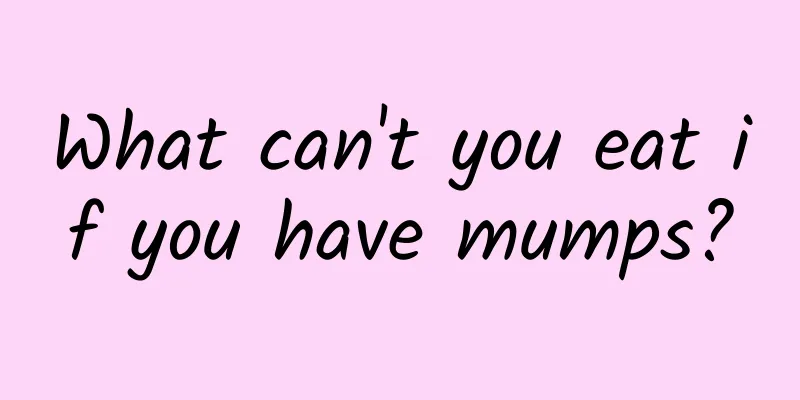Basic knowledge of decocting Chinese medicine, you will need it in the future!

|
Generally, add cold water to cover the surface of the medicine, soak it and then boil it, so that the effective ingredients can be easily extracted. Generally, it only takes about 30 minutes of soaking, but it should also be treated differently according to the texture of the medicinal material itself and the differences in season and temperature. Flowers, grasses, and leaves can be soaked for 20 minutes; rhizomes, seeds, fruits, minerals, and crustaceans should be soaked for 30 to 60 minutes. In short, it depends on the penetration of the medicinal materials. 2. Selection of decoction utensils The decoction container is closely related to the quality of the medicine liquid. Historical records believe that "silver is the best, and magnet is the second best." It is not recommended to use tin, iron or other pots for decoction. Because some drugs will precipitate when encountering metals such as tin and iron, reducing their solubility and even causing chemical changes and side effects. Currently, it is more advocated to use ceramic and earthenware jars instead of iron and copper pots. It is best not to use aluminum pots, stainless steel or enamel containers to decoct medicine in order to ensure the efficacy of traditional Chinese medicine. 3. Choice of water for decoction Water is the most commonly used solvent for decocting Chinese herbal medicines. Generally, clean cold water should be used, such as tap water, well water, distilled water, etc. The amount of water used should be determined by factors such as the weight, volume, water absorption capacity, decoction time, heat and required amount of medicine. Generally, it is appropriate to use water that covers the medicine by about half an inch. The amount of water used for decocting medicine should be sufficient at one time. Do not add water several times in the middle. Do not boil the medicine until it is dry and then add water to boil it again. The boiled medicine should be discarded. 4. The temperature of decocting medicine There are two ways to decoct Chinese medicine: "high heat" and "low heat". Decoction over rapid heat is called "high heat", while decoction over slow heat is called "low heat". Generally, start with high heat and then use low heat after boiling. Different prescriptions require different decoction times. The decoction time of diaphoretic and antipyretic drugs for treating external symptoms should be short, while the decoction time of tonic drugs for treating deficiency symptoms should be long. 5. There are some rules for taking the medicine Decoctions should generally be taken one hour before meals. Medicines that are irritating to the gastrointestinal tract should be taken after meals. Tonic medicines should be taken on an empty stomach. Tranquilizers should be taken before bedtime. Chronic diseases should be taken at regular intervals. Generally, one dose is divided into 2 to 3 doses, one dose per day. In special circumstances, two doses can be taken in one day to enhance the therapeutic effect. Generally, Chinese herbal decoctions should be taken warm, but they can also be taken cold depending on the specific situation. 6. Contraindications to taking medication Traditional Chinese medicine has always had the sayings of "Eighteen Antidotes" and "Nineteen Fears", so you must never blindly use folk remedies or secret recipes, and don't pretend to be a "doctor" and brew "bitter wine". Be sure to take prescription medicine under the guidance of a doctor. Taking pregnancy as an example, some drugs have side effects of harming the fetus or even causing abortion, so they should be considered contraindicated during pregnancy, such as croton, morning glory, euphorbia, blister beetle, musk, trillium, curcuma, leech, etc. Foods that should be used with caution during pregnancy include peach kernel, safflower, rhubarb, immature bitter orange, aconite, dried ginger, cinnamon, etc. 7. Food taboos when taking medicine During the medication period, any raw, cold, fishy, or other foods that are difficult to digest or irritating should be avoided as needed. In addition, in addition to the routine advice that Rehmannia root and Polygonum multiflorum should not be eaten with onions, garlic, and radish, mint should not be eaten with crab meat, Poria cocos should not be eaten with vinegar, and honey should not be eaten with raw onions, you should also follow the doctor's instructions based on the specific condition. 8. Why should we cover the pot when decocting Chinese medicine? Some people often do not cover the pot when decocting Chinese medicine for the sake of convenience. For this reason, Chinese medicine practitioners remind patients not to forget to cover the pot when decocting Chinese medicine. According to research, the vast majority of plant-based Chinese medicines, such as Magnoliaceae, Rutaceae, Asteraceae and other plants, contain volatile oils. Volatile oils have carminative, antibacterial, anti-inflammatory and analgesic effects in medicine. However, the solubility of volatile oils in water is very small, and the specific gravity of most volatile oils is lighter than water, so they can easily evaporate with the water vapor. If the pot is not covered when decocting Chinese medicine, the effective ingredients in the medicine will easily "run away" with the water vapor, reducing the efficacy of the medicine. 9. How to control the heat when decocting Chinese medicine The timing of decocting Chinese medicine is very important, that is, one must pay attention to the heat and the length of decocting time. The control of the temperature also depends on the nature of the medicine. Antipyretic drugs have a fragrant smell and contain mostly active ingredients in volatile oils. Long-term decoction can cause excessive volatilization and cause loss. Generally, it is advisable to use high heat and quick decoction, and the decocting time should be short. The first decoction can be boiled for 15 minutes, and the second decoction can be boiled for 10 minutes. Tonic medicines, because of their nourishing and heavy quality, need to be decocted for a long time before the juice can be extracted. Generally, they are boiled with high heat and then simmered with low heat. After the first decoction is boiled, it is simmered with low heat for 20 to 30 minutes. After the second decoction is boiled, it is simmered with low heat for 30 to 40 minutes. For medicines that take a long time to be boiled, they need to be stirred 2 to 3 times during the boiling process to prevent the bottom layer of medicine from burning. Some people accidentally burn the Chinese medicine and then add water to boil it again before giving it to patients. This is inappropriate and may even be dangerous. Because the burnt medicine may undergo qualitative changes. 10. The longer you boil Chinese medicine, the thicker it will become. In daily life, most people think that the thicker the Chinese medicine is, the better the effect, and the longer the decoction time, the more effective ingredients it contains. In fact, this is not the case. Decoction of Chinese medicine is the process of continuously releasing and dissolving the active ingredients in Chinese herbal medicine. When the concentration of the active ingredients in the Chinese medicine and the medicine solution is balanced, this process stops. Continuous decoction will not only fail to dissolve the active ingredients in the medicine, but will cause the active ingredients in the medicine solution to evaporate and decrease, or even destroy the active ingredients in long-term high temperature, resulting in reduced efficacy. It can be seen from this that the longer Chinese medicine is decocted, the better. Different prescriptions have different time requirements after decocting, so you should follow the doctor's advice. |
<<: Cold and cough are afraid of this bowl of water
>>: "Chinese herbal medicine" saves money and has good effects in treating vegetable diseases
Recommend
How the Achilles tendon is highlighted
The Achilles tendon is the largest tendon tissue ...
What to do if your baby sneezes and has a runny nose? Don’t ignore the cold
Sneezing is normal, maybe it is to expel cold, bu...
What are the functions and effects of Polygonum multiflorum?
Polygonum multiflorum is a relatively common Chin...
Do you know the common human herpes viruses?
In clinical practice at STD hospitals, herpes vir...
Beware of arthritis in winter
Arthritis is a very scary disease because it can ...
Symptoms of lung qi deficiency, early treatment if symptoms are discovered
Common symptoms of lung qi deficiency are increas...
Complete list of hemostatic drugs
Hemostasis is a very important treatment measure ...
How to eat saffron and how much to use
There are many places of origin of rose tea. Alth...
What are the benefits of barley tea?
What are the effects of barley tea? With the cont...
What are the four infection items?
Infection is quite common in our daily life. Once...
What causes body itching?
Many reasons may cause itching in the body, so sy...
What to do if your mouth smells bad
Bad breath is a difficult problem to solve. In or...
What are the symptoms of excessive Yin fire?
Excessive Yin fire is a relatively common symptom...
How to treat excessive oily body
Some friends find that their bodies often produce...
Cervical cancer vaccine
Diseases are very common, and there are huge diff...









